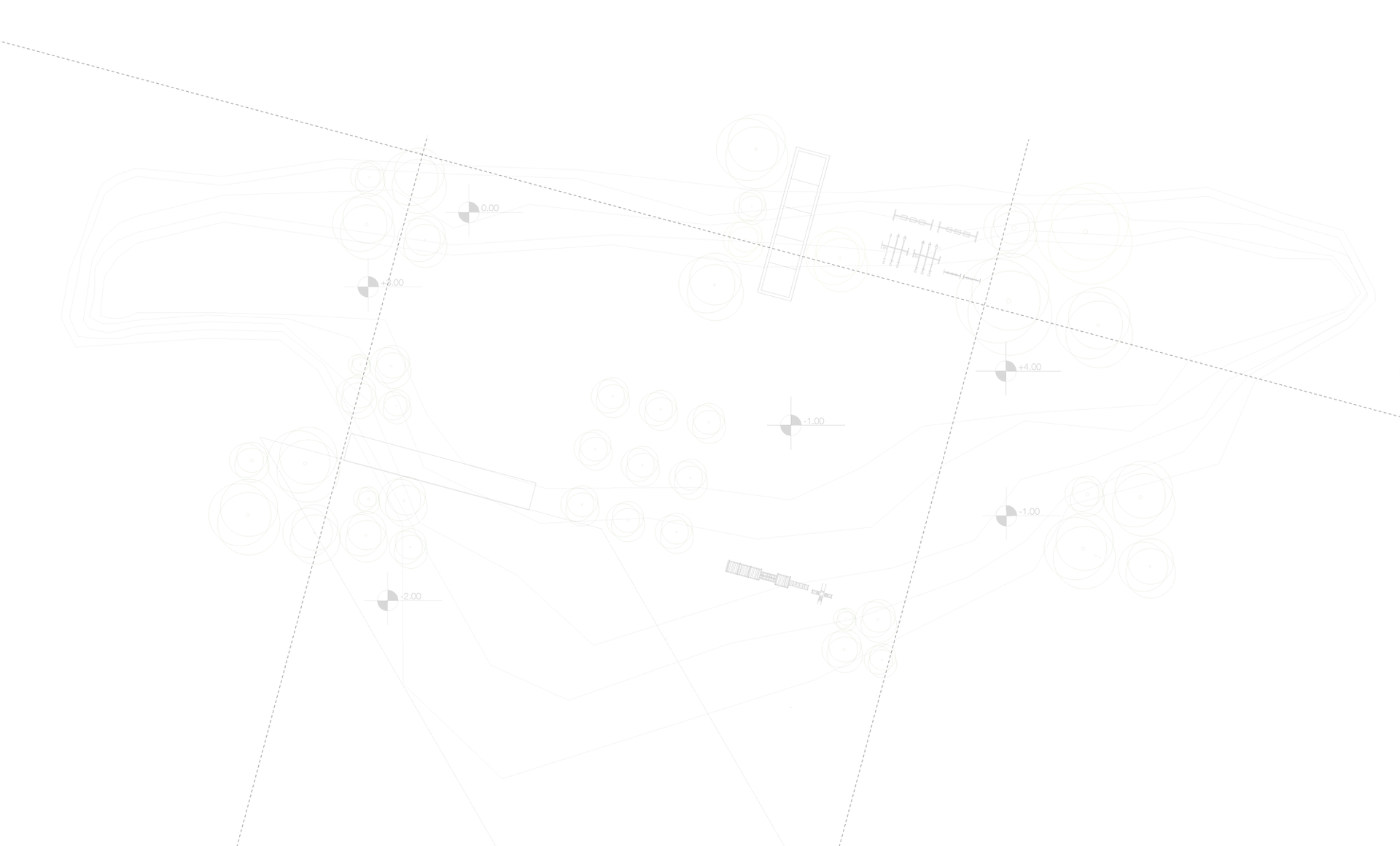
Mr Coates's
Website
Ethical use of the web.
The internet is a amazing tool to find endless amounts of information and resources for both teachers and students but we need to remember that the intnernet still has it laws and is not a copy right free zone! Ethical use of the web not only includes things such as netiquette and respecting peoples privacy but also covers the ethical use of content found on the internet. Three things you need to know about ethical use of internet content are attribution, copyright and plagarism.
Attribution
Attribution by definition in copyright law is "acknowledgement as credit the author of a work which is used or appears in another work." (Wikipedia, 2015). The most common for of attribution is Copyright (C) author's-name.

Plagarism
Plagarism is "the practice of taking someone else's work or ideas and passing them off as one's own." (Google definition, 2015).
The website plagiarism.org has a great deal on information on what is plagarism, the types of plagarism, tips on how to prevent plagarism and even links to sites that help check your work for plagarism. The site includes a list of preventions you can take to avoid plagarism. These include;
-
Planning your work
-
Taking effective notes
-
When In doubt site sources
-
Make it clear who said what
-
Know how to paraphrase
-
Analyse and evaluate your sources.
Knowing how to refernce is a vital tool that students need to know how to do when including infromation in their own. The Murdoch University website has an exstensive list of referncing styles and examples on how to write them and where to include them in your work. Link is provided in the dot point.

Copyright and Creative Commons
Copyright is "the exclusive right to make copies, license, and otherwise exploit a literary, musical, or artistic work, whether printed, audio, video, etc." - (Dictonary.com, 2015). The website Smartcopying states that in Australia, having copyright on a piece of work enables the copyright owner to prevent others from reporducing or communicating their work without thier permission.
In australia, copyright does not protect ideas, concepts, styles or techniques it is also not necassary to file copyright registration or put a copyright notice on the published work as a piece of work will be protected as soon as it has been put into material form.
Creative Commons
"Creative Commons is a world wide non-profit organisation that provides copyright owners with free licences allowing them to share, reuse and remix their material, legally." - (Creative Commons Australia, 2015)
If you create a piece of work and you want others to be able to use it without having to ask you for your permission there are a range of Creative Commons Licenses that be applied to your work to achieve this found on the Creative Commons Australia website.




